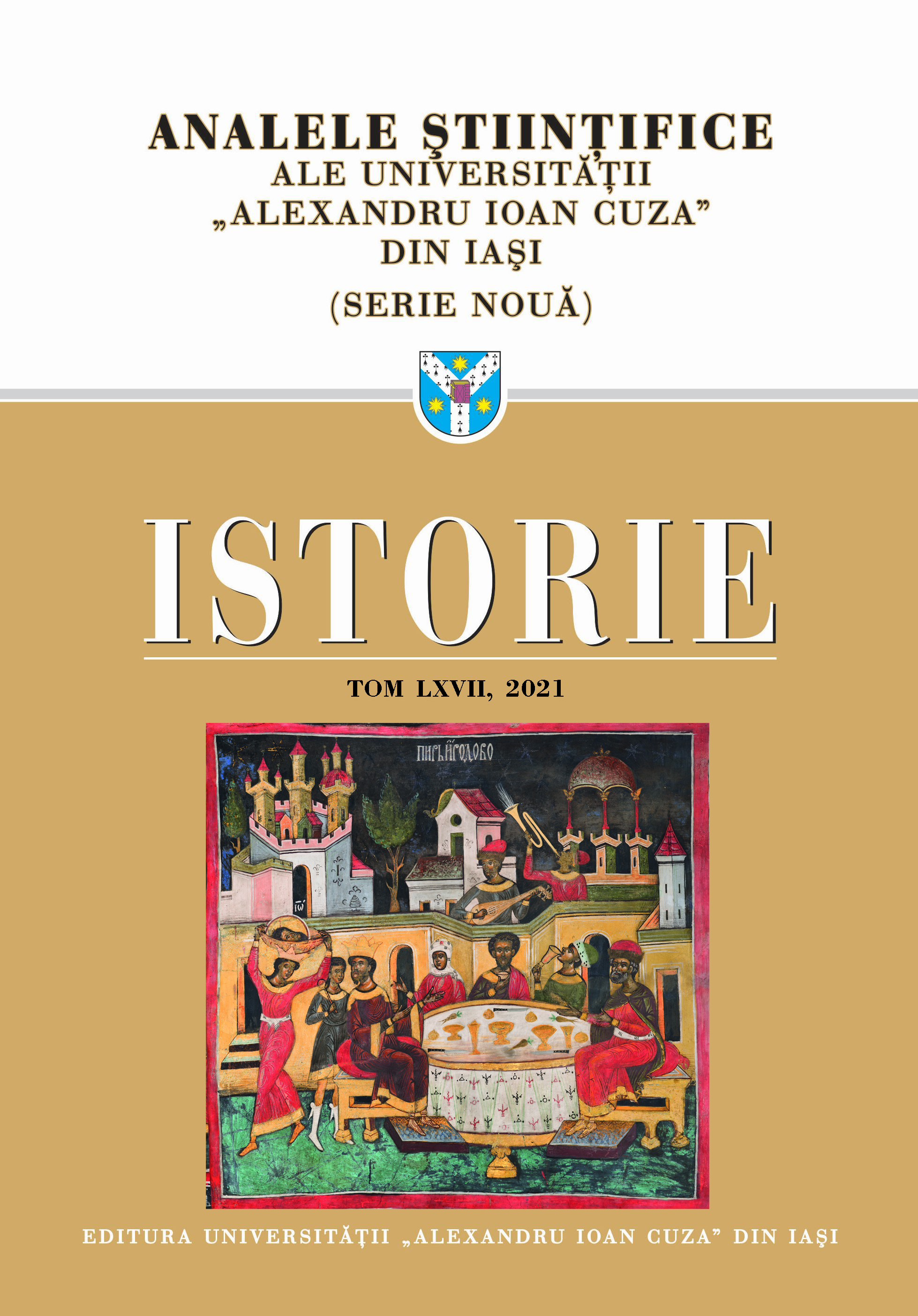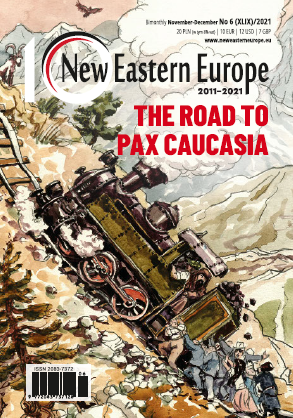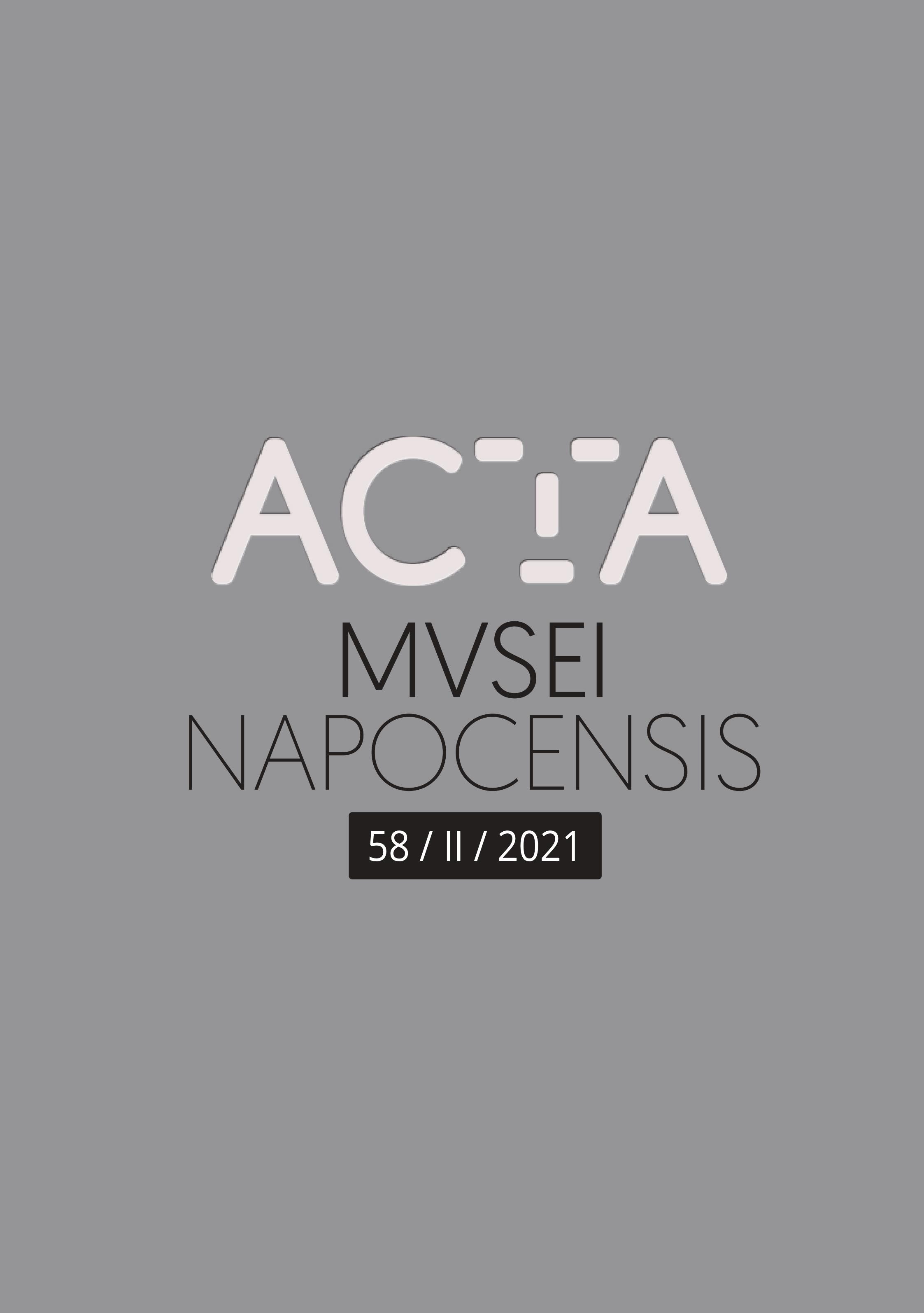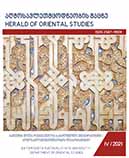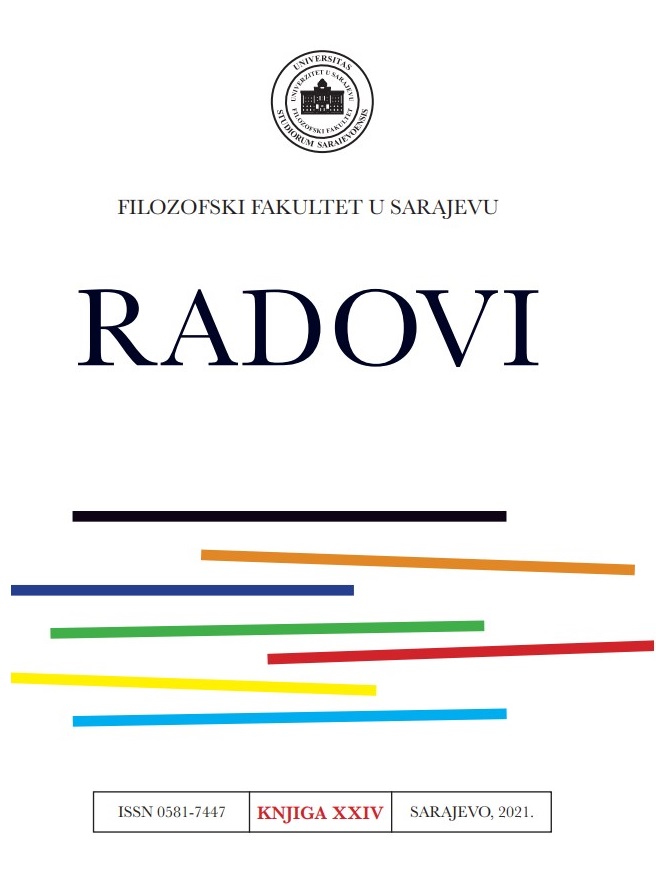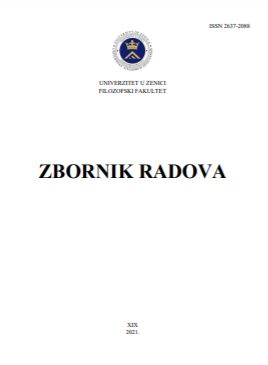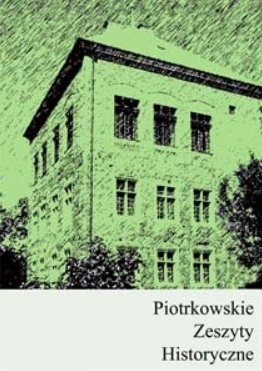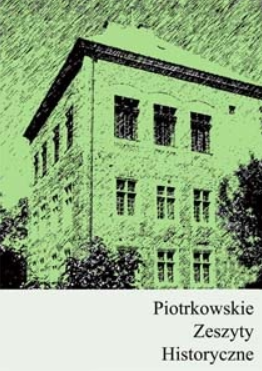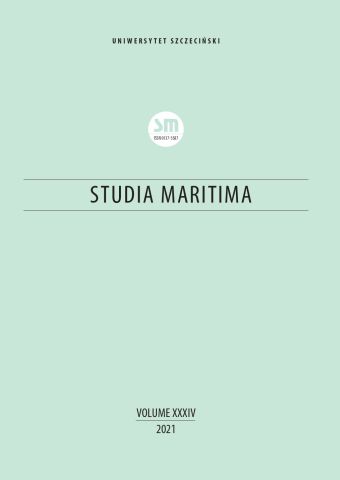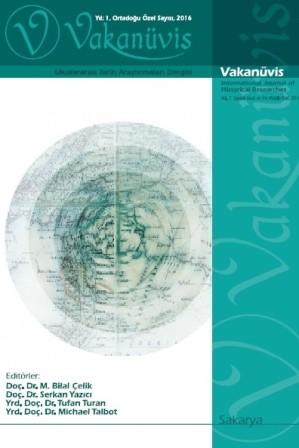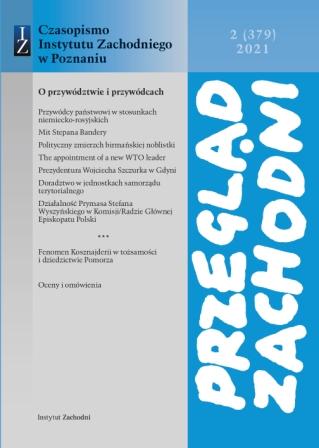Author(s): Beka Makaradze / Language(s): Georgian
Issue: 1/2021
At the end of the XX century and in the 10s of the XXI century, there was observed some tension in Turkish-American relations, that were not developed in accordance with the expectations of Turkey. This was due to problems related to Armenia, Syria, Israel, Iran, Kurds, which were the most important and sensitive for Ankara.The end of the "cold war" in the 1990s and the "withdrawal" from the political map of Turkey's main threat - the Soviet Union - provided Ankara with an opportunity to act independently in the region, And at the beginning of the XXI century, Turkey began to work most actively in this direction. Turkey's modern foreign policy is distinguished by many features. This is the "New Turkey" model, which is especially concentrated on the Middle East and Islamic countries. The main goal of the policy is to influence the Muslim population of this region and spread neo-Ottoman values. Turkey attaches great importance to its international relations.Turkey occupies a leading position and is at the head of the triangle of the Balkans - Caucasus - Middle East, and it should not be thought that all this is connected only with the subjective self-realization of Turkey. The Turkish Republic was brought to this state by the attitude of other Western states. Relations between Turkey and the United States began in the middle of the XX century, although the idea of Turkey as a secular, democratic Muslim state became more widely known only in the early XXI century.At the beginning of the XXI century, Turkey's renewed foreign policy approaches, of course, also influenced its relations with other countries. First of all, there have been some changes in relations between the Republic of Turkey and its long-standing strategic partner, the United States.Turkey, which wants to transform itself into a country with a "world-class economy" and become a state with a liberal democracy, will inevitably have to forge ties with the United States, which in part will require it to clarify its foreign policy priorities.
More...


